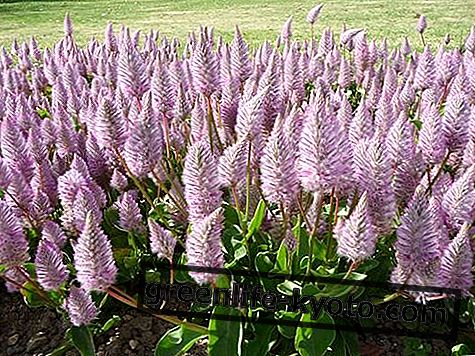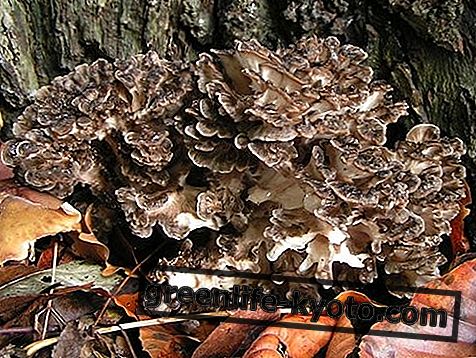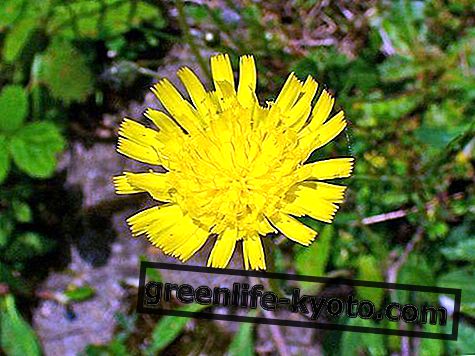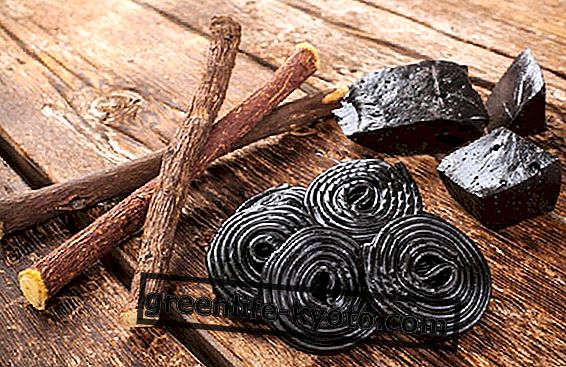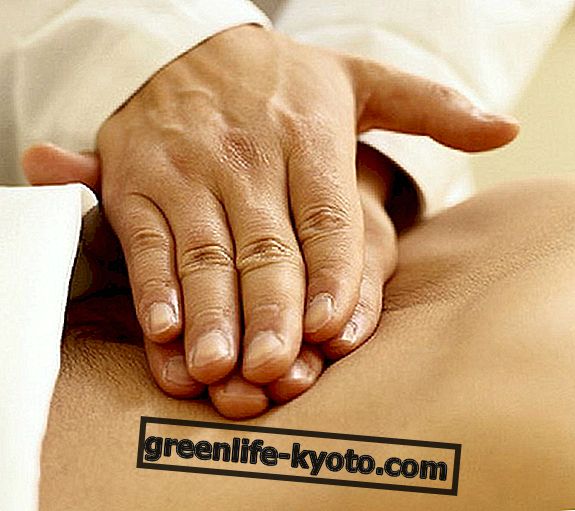Insomnia is a very common problem that affects one in three adults, either episodically or chronically. The disorder consists of the reduction and modification of the duration and quality of sleep and manifests itself in different ways. The patient may find it difficult to fall asleep, may have early awakenings or frequent sleep interruptions. Let's better find out how to cure it with homeopathic remedies.

Description and causes of insomnia
Poor sleep quality is reflected in waking periods with symptoms such as increased fatigue, irritability and difficulty coping with daily activities.
Insomnia can be occasional or become a chronic disease. The distinction is obtained by analyzing in depth the duration of the disturbance.
It is occasional when presented with isolated episodes, often associated with particularly stressful events.
It is transient when it does not last more than three weeks and resolves either spontaneously or with the use of drugs.
It is chronic when it lasts for a month and it is necessary to intervene with an adequate drug therapy.
Sleep disorders result from a number of factors, the most frequent cause is a stressful event .
Other determining factors are some physical ailments such as sleep apnea, respiratory problems, leg cramps , gastro-intestinal disorders.
An incorrect lifestyle, the use of stimulants and alcohol abuse are responsible for frequent episodes of insomnia as well as taking certain types of drugs.
Many organic pathologies have as their main symptom insomnia, for example thyroid , neurological and psychiatric diseases such as dementia, schizophrenia, the manic syndrome.
Withdrawal syndromes from drugs (hypnotics, antidepressants, tranquilizers) or drugs (heroin) cause severe insomnia that can last weeks.
How to interpret the symptoms of insomnia
Insomnia is a symptom that derives from many organic pathologies but in most cases has a clear psychic origin.
At the base of the disorder there are emotional conflicts that do not allow us to abandon ourselves to sleep. The sleepless patient fails to let himself go, to "give up" the control he has in the conscious waking state.
Insomnia is one of the most obvious symptoms of anxiety disorders because the alert state typical of anxiety prevents falling asleep and causes continual awakening and sudden interruptions.
Also the anxiety strongly acts on the quality of the sleep manifesting above all with the early awakenings. This aspect falls within the framework of depressive syndromes .
Each type of insomnia has a more specific reading. The difficulty in falling asleep hides the difficulty of the person to stop the mental activity and to put aside the events experienced not "trusting" the ability of sleep to regenerate the mind.
Sudden nocturnal awakenings manifest themselves when the person represses profound contents that emerge to consciousness.
With awakening the subject blocks and postpones the encounter with the important contents related to his own life that he tries to avoid as anxieties, decisions, conflicts, needs for change, fantasies removed of a sexual, creative or aggressive type (anger and revenge).
Usually it is the unconscious that bursts into consciousness invading sleep; in the case of early morning awakenings the reverse process occurs; conscience interrupts sleep to awaken the person, restoring control of reality and situations in order to alleviate the anxiety of facing a new day.
People suffering from insomnia are hyperactive, hypercontrolled and do not easily give themselves over to emotions. They have a tendency to obsessive thinking and anxiety, they attach great value to intellectual needs over emotional ones. The sexual sphere is also involved in the problem because there is difficulty in "letting go" just as it happens in sleep.
Also find out how to cure insomnia with nutrition
Homeopathic remedies for insomnia
Homeopathy uses symptomatic remedies for episodic insomnia and the powers used are the lowest ones normally chosen for acute phases. For chronic forms, higher powers will be used once the "ground" remedies have been identified for that type of patient. Many remedies are the same as those used in the treatment of anxiety and depression.
The main remedies with indicative powers that will have to be modified and adapted to the single case will be indicated below.
- Aconitum napellus (5 CH) : Remedy used for all acute states. Insomnia caused by fear, shock, fear. The state of persistent alert that the patient feels does not allow him to abandon himself to sleep. The subject is agitated, has nightmares, suddenly wakes up with fear. The symptom gets worse around midnight.
- Arsenicum album (5 CH) : Insomnia occurs after midnight. The patient is very precise, meticulous, hurried and anxious. He has a strong mental restlessness, obsessive thoughts, fear of death. During sleep he has frequent nightmares, twitches and shocks. Excessive mental work does not allow us to abandon ourselves to sleep. The patient wakes up suddenly and can no longer fall asleep again.
- Ignatia amara (5 CH) : Insomnia caused by stressful events, emotional shocks, grief, emotional trauma, worries. The remedy has contradictory symptoms: in the case of insomnia the patient has a strong drowsiness but is unable to fall asleep because he is dominated by tension and anxiety. It is indicated for emotional people, disappointed and anxious with unstable mood, feeling of ball in the throat and blockage in the stomach, colitis, emotional tachycardia.
- Nux vomica (5 CH) : hyperactivity insomnia, overeating, alcohol abuse, stimulants (tea and coffee) and sleeping pills. It is the remedy of the patient who has a constant mental commitment and cannot remove his mind from the thought of work. When he falls asleep he wakes up shortly afterwards and sleeps deeply only in the morning, just before he gets up. Insomnia often occurs after anger.
- Coffea (5 CH) : insomnia due to mental excitement due to nervousness or excessive joy. It is the typical remedy for those who go to sleep thinking about the day or the things they will do the following day. The subject is hypersensitive, nervous, hyperactive; he wakes up at the slightest noise and with strong smells. Sleep lasts until 3 am and then turns to sleepiness.
- Gelsemium (5 CH) : it is one of the most important homeopathic anxiolytics. It acts on anxiety and panic attacks. Insomnia stems from concern about future events (tests, important tests) and phobias that paralyze the subject by keeping him awake, such as the one that "the heart can stop beating" during sleep. Other typical phobias are those of the crowd and open spaces.
- Often the patient is afraid of not being able to sleep and it is precisely this thought that prevents relaxation by creating a vicious circle.
- Kalium phosphoricum (5 CH) : it is used in the presence of intellectual surmenage (for example in students) with strong fatigue and tiredness that does not allow falling asleep. The subject is exhausted, debilitated, thin, hypersensitive, depressed. Sleep quality is poor and disturbed by nightmares and sleepwalking phenomena.
- Cocculus (5 CH) : indicated for subjects that tend to anxiety and weakness of the nervous system with a state of exhaustion especially after a period of hyper-excitability of the nerves. The insomnia of this remedy is from sleep deprivation, typical of those who do night work and is exhausted by vigils prolonged over time that have altered the sleep-wake rhythm; the consequence is the inability to fall asleep and daytime sleepiness.
- Chamomilla (5 CH) : remedy used mainly for the insomnia of the sleeping child only if cradled. Sleep is interrupted due to teething problems that occur with anger, irritability and hypersensitivity to pain. The child has a choleric personality and sweats a lot, especially on the face and head.
- Stramonium (5 CH) : It is another of the useful remedies in the insomnia of the child when it occurs due to recurrent nightmares and mink of monsters during the night. The child is very talkative, terrified of darkness, violent. He calms down and indulges in sleep with a low light and in company.
